Organic waste is a prevalent form of waste in our environment today. Understanding this type of waste and knowing how to manage it properly to contribute to environmental protection is essential.
1 What is Organic Waste? What are its Types?
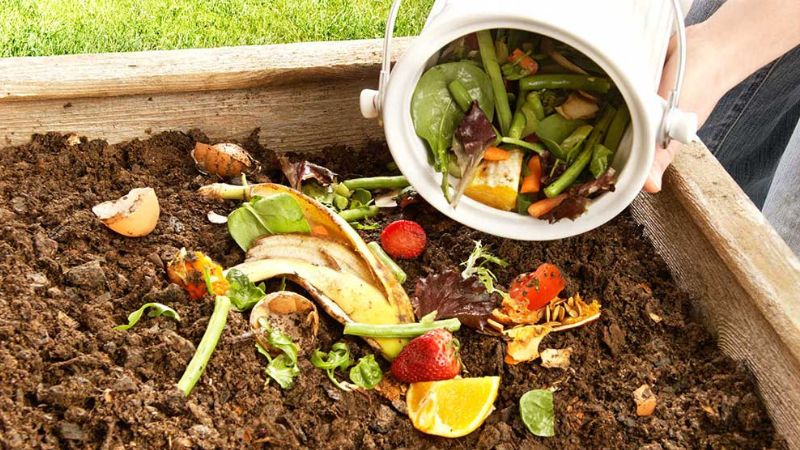 Organic Waste
Organic Waste
Organic waste is waste generated from human daily activities such as construction, daily life, agriculture, industry, etc. This type of waste contains organic matter and is capable of rapid decomposition. It can be recycled and used as fertilizer in agriculture.
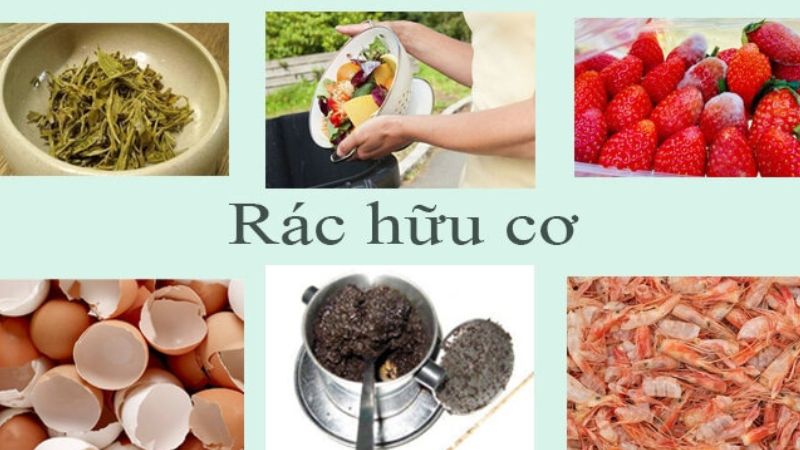 Types of Organic Waste
Types of Organic Waste
Organic waste can be categorized into the following types:
- Agricultural Waste: Straw, leaves, tree branches, etc.
- Food Waste: Spoiled or leftover food, fruits, vegetables, etc.
- Daily Household Waste: Fabric, cotton, etc.
- Industrial Waste: Bottles, cans, plastic bags, sugarcane residue, etc.
- Waste from Starch Processing Plants
- Waste from Textile and Paper Mills: Paper, fabric, etc.
2 Methods of Managing Organic Waste
Landfilling Organic Waste
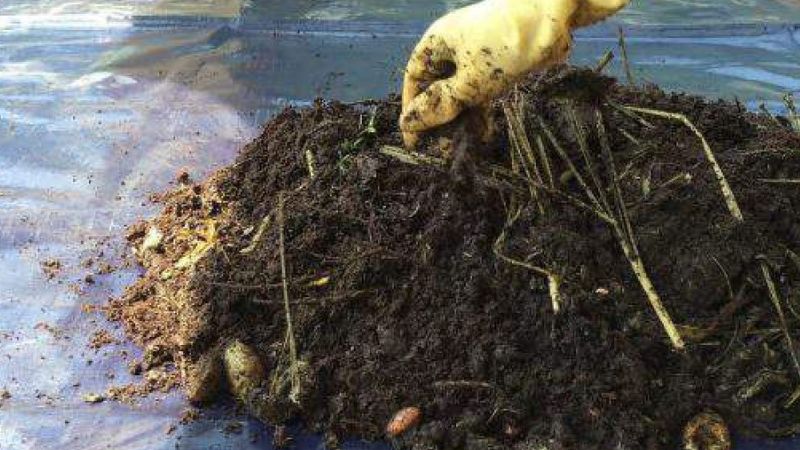 Landfilling Organic Waste
Landfilling Organic Waste
One simple yet effective method of managing organic waste is landfilling. This method is cost-effective but requires a well-designed landfill with a gas collection system and proper waste treatment processes.
The steps involved in landfilling organic waste are as follows:
Incineration of Organic Waste
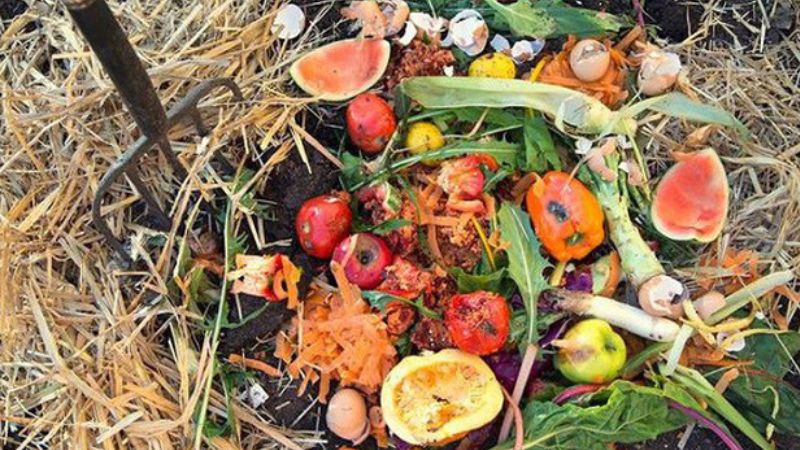 Incineration of Organic Waste
Incineration of Organic Waste
Incineration is a common method of managing organic waste in developed countries. This method saves land space but incurs high costs for waste incineration plants.
Incineration involves using high temperatures of 1000-1100°C to decompose organic waste. These plants not only treat waste but also generate electricity.
Composting Organic Waste
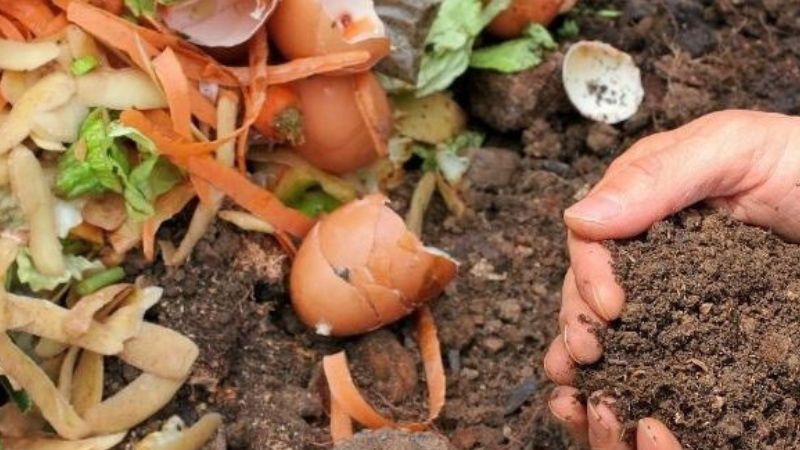 Composting Organic Waste
Composting Organic Waste
Composting organic waste is a safe and environmentally friendly method that also produces fertilizer for agricultural use. There are two scales of composting:
- Small-scale, Household Composting: Organic waste is composted in plastic bottles, buckets, or tanks and then used as fertilizer. Alternatively, households can purchase waste processing machines for larger quantities or faster composting.
- Large-scale, Centralized Composting: Organic waste is collected, shredded, and aerobically composted in large-scale facilities, requiring significant investment and operational costs.
This article has provided an overview of organic waste and its management methods. We hope it has given you valuable insights and a better understanding of this important environmental issue.
































